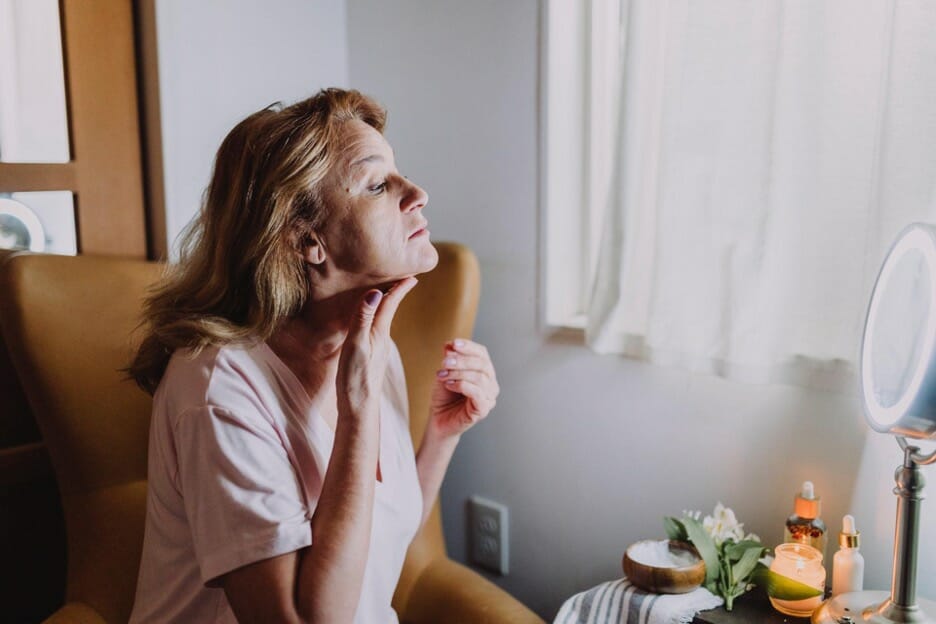What is the Best Treatment for Psoriasis: Key Insights?
When it comes to treating psoriasis, many clients seek advice on what is the best treatment for psoriasis that suits their unique skin type. This chronic skin condition can manifest in various forms, each requiring tailored care. As a beautician, understanding the different treatment options can significantly elevate your service offerings and client satisfaction.
Psoriasis is often characterized by raised, red patches covered with thick, silvery scales. Understanding how to manage it effectively is paramount for beauticians working with clients who deal with this condition daily. Some clients may prefer natural remedies, while others may opt for medical treatments or a combination of both.

Understanding Psoriasis: Causes and Types
Before diving into treatments, it's vital to understand the nature of psoriasis. This skin disorder is produced by a rapid buildup of skin cells due to an overactive immune response. Clients can experience a range of symptoms, from mild irritation to significant discomfort and self-consciousness.
The most common types of psoriasis include:
- Plaque Psoriasis: The most prevalent form, causing raised patches.
- Guttate Psoriasis: Often starts in childhood or young adulthood, appearing as small, drop-shaped lesions.
- Inverse Psoriasis: Characterized by smooth, red patches in body folds.
- Pustular Psoriasis: Features white pustules surrounded by red skin.
- Erythrodermic Psoriasis: A severe form affecting most of the body's surface.
Understanding the root causes of psoriasis is crucial for selecting effective treatments.
Medical Treatments Available for Psoriasis
Let's look at various medical treatments available to manage psoriasis:
Topical Treatments
Topical treatments are generally the first line of defense against psoriasis. These include:
- Corticosteroids: These reduce inflammation and relieve itching.
- Vitamin D Analogues: Such as calcipotriene, help slow down skin cell growth.
- Retinoids: Affect cell growth and can help reduce flare-ups.
- Calcineurin Inhibitors: Useful for sensitive areas, reducing inflammation and plaques.
Phototherapy
Exposing affected areas to ultraviolet light can also alleviate symptoms. This treatment is often utilized for moderate to severe cases. Phototherapy options include:
- UVB Phototherapy: Targets the skins thick patches.
- PUVA Therapy: Involves taking a medication before UV exposure.
- Excimer Laser: Targets small areas of psoriasis with focused light.
Systemic Treatments
For severe psoriasis, systemic treatments that affect the entire body may be necessary. These include:
- Biologics: These are drug treatments derived from living organisms, targeting specific parts of the immune system.
- Oral Retinoids: Help reduce plaque buildup.
- Immunosuppressants: Used to control severe symptoms, these medications can lower immune response.
Natural Remedies for Psoriasis Management
Some clients may favor holistic approaches. Here are a few effective natural remedies to consider:
- Aloe Vera: This natural product can heal and soothe psoriasis flares and is excellent for treating dry skin.
- Apple Cider Vinegar: Known for its anti-inflammatory properties, it can help alleviate itching and flaking.
- Oatmeal Baths: Hydrotherapy can calm the skin and reduce irritation effectively.
- Essential Oils: Lavender, tea tree, and chamomile can have soothing effects on irritated skin.
For more insights, beauticians can reference strategies on stopping itching immediately.
Diet and Lifestyle Changes to Consider
An essential aspect of treating psoriasis lies in managing your client's dietary habits and overall lifestyle. Certain foods can exacerbate psoriasis symptoms, while others may help improve skin health. Consider recommending:
- Anti-inflammatory foods: Such as fatty fish, leafy greens, and nuts.
- Gluten-free options: Some individuals notice improvements by eliminating gluten from their diet.
- Limiting alcohol and sugar: Both can lead to increased inflammation and flare-ups.
Clients may also benefit from incorporating regular exercise into their routines. Stress management techniques, such as yoga and meditation, can also help in reducing flare-ups.

Frequently Asked Questions (FAQ)
What triggers psoriasis flare-ups?
Flare-ups can be triggered by several factors, including stress, skin injuries, infections, and certain medications.
Can psoriasis be cured permanently?
While there is no definitive cure for psoriasis, various treatments can manage its symptoms effectively, helping clients lead normal lives.
How does weather affect psoriasis?
Weather can influence psoriasis symptoms, with some clients finding relief during the summer, while cold and dry winter months can exacerbate the condition.
As a beautician, it's essential to stay informed about both medical treatments and natural remedies. This enables you to support your clients better in managing psoriasis, with a holistic approach tailored to their unique needs.
In conclusion, answering what is the best treatment for psoriasis requires a personalized approach, combining suitable medical interventions with lifestyle and dietary modifications. By educating clients and offering informed advice, beauticians can make a significant impact on their clients' skin health and overall well-being.

